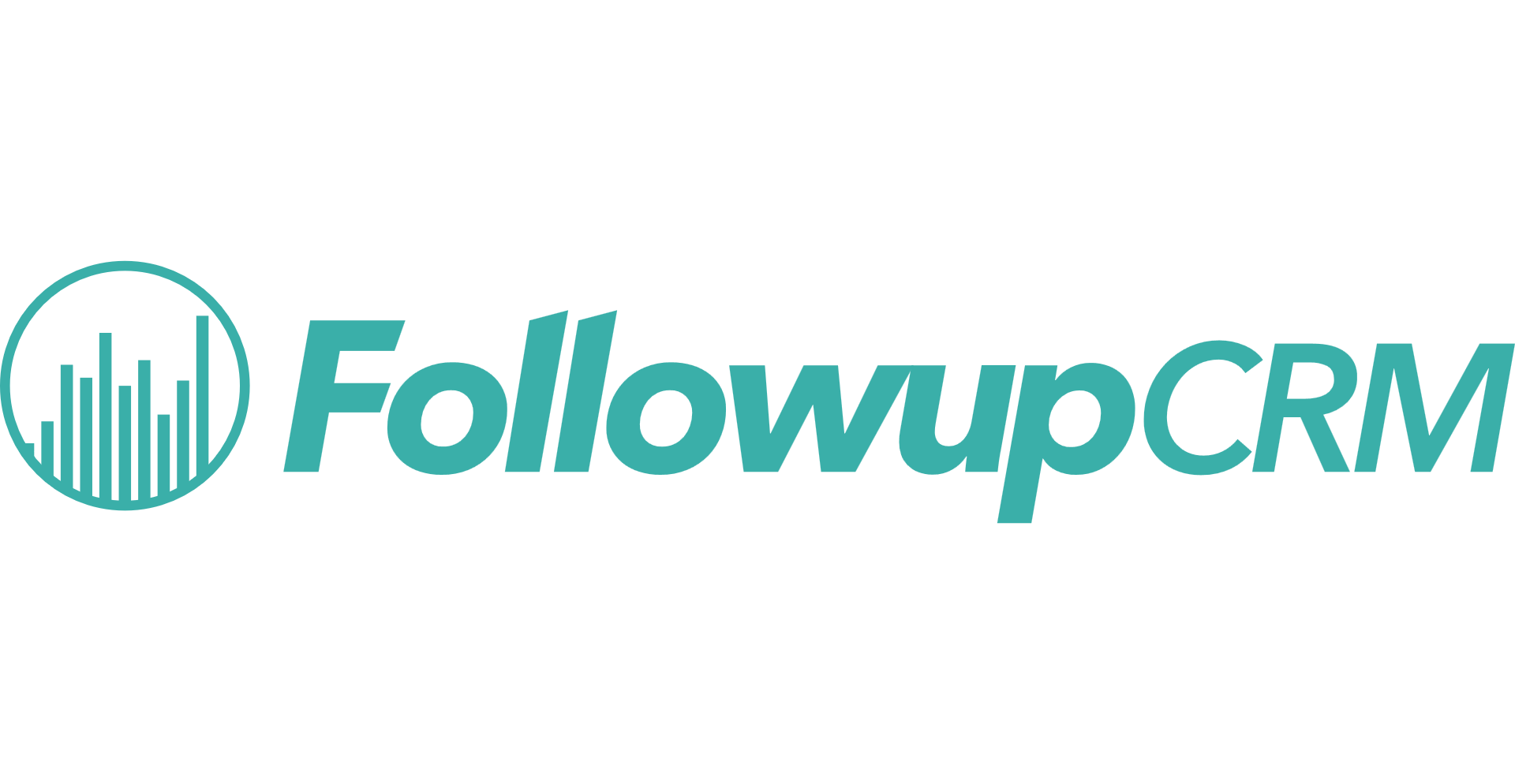Overview
Jobber is a comprehensive field service management software designed to help service businesses manage everything from scheduling and dispatching jobs to invoicing and payments. It caters to a wide range of industries, including landscaping, cleaning, HVAC, and more.
Meanwhile, Yardbook is primarily focused on the landscaping and lawn care industry. It offers tools for scheduling, invoicing, and customer management, with specialized features tailored to the needs of landscaping businesses.
Key Features Comparison
Scheduling and Dispatching
Jobber:
- Robust scheduling and dispatching tools
- Drag-and-drop calendar
- Route optimization
- Mobile app for field workers
Yardbook:
- Basic scheduling features
- Calendar view for job scheduling
- Limited dispatching capabilities
Jobber clearly has the edge in scheduling and dispatching, which is crucial for businesses managing multiple field workers across various industries.
Customer Management
Jobber:
- Built-in CRM functionality
- Client portal for self-service
- Automated customer communications
- 24/7 customer self-serve portal
Yardbook:
- Basic client management
- Client communication tools
Jobber offers more comprehensive customer management features, particularly with its client portal and automated communications.
Invoicing and Payments
Jobber:
- Customizable invoices
- Online payment processing
- Automated invoice reminders
- Integration with accounting software
Yardbook:
- Basic invoicing features
- Online payment acceptance
- Limited accounting integrations
Both platforms offer invoicing and payment features, but Jobber's automated reminders and broader accounting integrations give it a slight advantage.
Industry-Specific Features
Jobber:
- Serves 50+ service industries
- Customizable features for various business types
Yardbook:
- Focused on landscaping and lawn care
- Specialized tools like mulch calculator and equipment management
Yardbook's narrow focus on the landscaping industry may make it a better fit for businesses in that specific sector, while Jobber's broader approach caters to a wider range of service businesses.
User Interface and Ease of Use
Jobber:
- Modern, intuitive interface
- Mobile-friendly design
- Customizable dashboards
Yardbook:
- Clean and easy to navigate interface
- Designed for non-tech-savvy users
- Comprehensive dashboard for quick business overview
Both platforms strive for user-friendliness, but Jobber's more comprehensive feature set may require a slightly steeper learning curve.
Mobile Capabilities
Jobber:
- Fully-featured mobile app for iOS and Android
- Offline mode for working without internet connection
- GPS tracking and route optimization
Yardbook:
- Mobile app for Android devices only
- Basic functionality for on-site use
Jobber has a significant edge in mobile capabilities, offering a more robust app for both iOS and Android users, which is crucial for on-site use and real-time updates.
Pricing
Jobber:
- Core Plan: $49/month (1 user)
- Connect Plan: $129/month (up to 7 users)
- Grow Plan: $249/month (up to 30 users)
- 14-day free trial available
Yardbook:
- Starter: Free
- Business: $34.99/month
- Enterprise: $49.99/month
Yardbook offers a free plan and lower-priced paid options, making it more accessible for smaller businesses or individual contractors. Jobber's pricing reflects its more comprehensive feature set but may be higher for some small businesses.
Integration Capabilities
Jobber:
- Integrates with popular accounting software (QuickBooks, Xero)
- Zapier integration for connecting with 1000+ apps
- API available for custom integrations
Yardbook:
- Limited third-party integrations
- No mention of API availability in the search results
Jobber offers significantly more integration options, allowing it to connect with a wider range of business software.
Customer Support and Training
Jobber:
- 24/7 email and chat support
- Phone support during business hours
- Extensive knowledge base and video tutorials
- Regular webinars and training sessions
Yardbook:
- Email support
- Knowledge base and documentation
Jobber provides more comprehensive support options, which can be crucial for businesses relying heavily on their software for daily operations.
Marketing Tools
Jobber:
- Automated review requests to boost Google reviews
- Email marketing campaigns for client engagement and upselling
- These features are available as add-ons to most Jobber plans
Yardbook:
- Limited marketing features mentioned in the search results
Jobber's marketing tools give it an advantage for businesses looking to grow and maintain their customer base.
Reporting and Analytics
Jobber:
- Extensive reporting capabilities
- Customizable dashboards
- Financial reports and job costing
Yardbook:
- Basic reporting features
- Limited customization options
Jobber provides more advanced reporting and analytics tools, which can be crucial for businesses looking to gain deeper insights into their operations.
Conclusion
Both Jobber and Yardbook offer valuable tools for service businesses, but they cater to somewhat different needs:
Jobber excels in:
- Comprehensive field service management across multiple industries
- Robust scheduling, dispatching, and route optimization
- Advanced customer management and communication tools
- Extensive mobile capabilities for both iOS and Android
- Wide range of integrations and marketing features
Yardbook stands out for:
- Landscaping-specific features
- Simple, straightforward interface for non-tech-savvy users
- More affordable pricing, including a free plan
- Focus on core needs of small to medium-sized landscaping businesses
For businesses looking for a comprehensive field service management solution that covers everything from scheduling to invoicing to customer management across various industries, Jobber is likely the better choice. Its robust feature set, mobile capabilities, and extensive integrations make it well-suited for businesses of various sizes across multiple service sectors.
On the other hand, Yardbook may be the better option for small to medium-sized landscaping businesses that primarily need a tool for basic scheduling, invoicing, and customer management. Its industry-specific features and more affordable pricing make it an attractive choice for landscaping companies that don't need the full range of field service management features offered by Jobber.
Ultimately, the choice between Jobber and Yardbook will depend on your specific business needs, budget, and the complexity of your operations. Consider factors like the size of your team, the types of services you offer, your need for mobile capabilities, and your plans for scaling your business when evaluating these solutions.
Remember that both platforms offer trials or demos, so it's worth getting hands-on experience before making a final decision. By carefully weighing these factors and aligning them with your business goals, you can choose the field service management software that will best support your company's success in the competitive service industry.
Sources: [1] https://getjobber.com/comparison/jobber-vs-yardbook/ [2] https://www.trustradius.com/products/yardbook/pricing [3] https://www.youtube.com/watch?v=Rdg7EkgUuCA [4] https://revpilots.com/pricing/jobber-pricing/ [5] https://streamlineresults.com/jobber-reviews/ [6] https://www.softwareadvice.com/field-service/jobber-profile/reviews/







